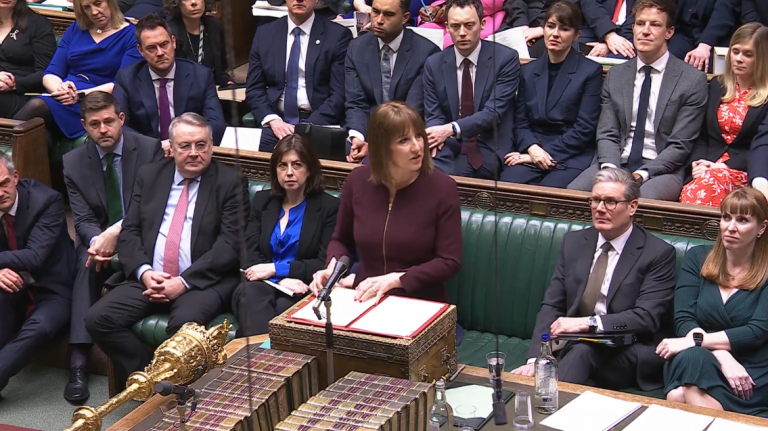A landmark study into how Universal Credit affects mental health has warned that the benefit could “exacerbate pressures on already stretched mental health and social care services” when the full rollout is completed.
Researchers’ analysis of the nine-year observational study, published in The Lancet, suggested a 6.6 per cent rise in the prevalence of psychological distress among Universal Credit recipients. They estimate that increase is equivalent to 63,374 unemployed recipients between April 2013 and December 2018 with 21,760 possibly clinically depressed.
Academics pored over interviews with 52,000 working-age individuals from England, Wales and Scotland before concluding that the controversial benefit needs to be “fundamentally modified”.
With a further 5.5 million recipients of existing benefits expected to claim Universal Credit over the next few years, this expanding group may exacerbate pressures on already stretched mental health and social care services
The University of Liverpool’s Dr Sophie Wickham, who led the research, said: “Our study supports growing calls for Universal Credit to be fundamentally modified to reduce these mental health harms.
“So far, the government has only looked at the impact of Universal Credit on the labour market, and there are no plans to assess its effect on health and wellbeing. With a further 5.5 million recipients of existing benefits expected to claim Universal Credit over the next few years, this expanding group may exacerbate pressures on already stretched mental health and social care services.”
Universal Credit has had a troubled time since it was first announced by then-Work and Pensions Secretary Iain Duncan Smith in 2010 before being launched in April 2013.










